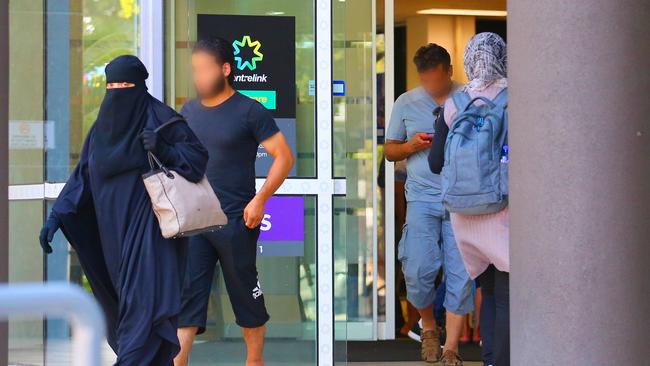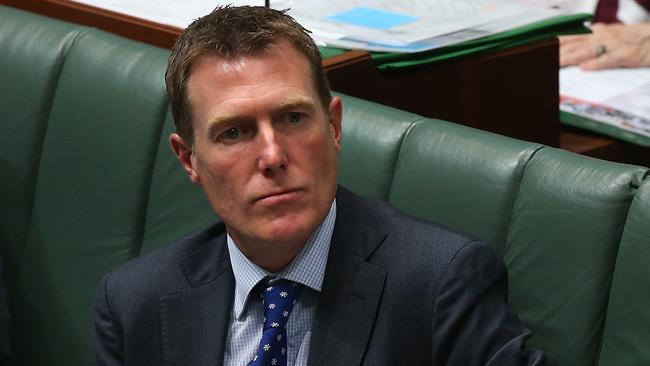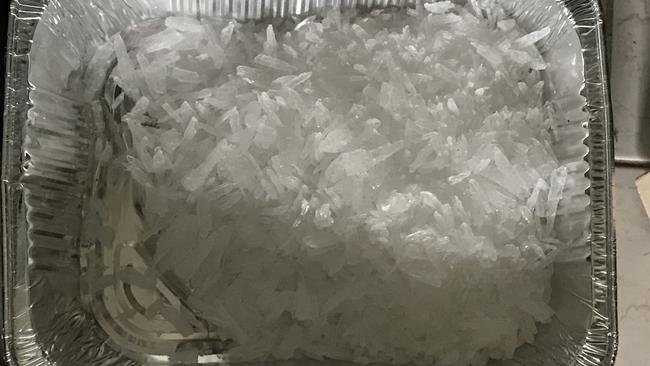Government announces Canterbury Bankstown as first location for controversial drug testing trial
Opposition spokeswoman for human services Linda Burney has called the decision to begin drug testing welfare recipients in Canterbury-Bankstown ”an attack on southwest Sydney”.

The Express
Don't miss out on the headlines from The Express. Followed categories will be added to My News.
Opposition spokeswoman for human services Linda Burney has called the decision to begin drug testing welfare recipients in Canterbury-Bankstown ”an attack on southwest Sydney”.
The Federal Government announced today that it plans to roll out a two-year drug testing trial across three sites from January and Canterbury-Bankstown will be the first.
This will mean 5000 new recipients of Newstart Allowance and Youth Allowance are tested for ice, ecstasy and marijuana. This will affect about 1750 recipients in Canterbury-Bankstown.
Canterbury-Bankstown was selected because of a “range of factors,” including data showing that there has been a dramatic rise in methamphetamine-related hospitalisations in the area.

The Government has said that the trial will help people overcome their drug issues, but Ms Burney has slammed the move, calling it “punitive and an attack on southwestern Sydney.”
“There is no medical evidence to support this trial. It will only create further poverty, homelessness and crime,” Ms Burney said.
“All the overseas trials in America and New Zealand have proven that this approach is counter productive.”
“It’s extremely worrying for staff at Centrelink to be expected to be managing these difficult situations.”

Speaking today in Bankstown, Social Services Minister Christian Porter said: “This isn’t designed to stigmatise or punish or penalise anyone.”
“That’s why welfare isn’t cut off if someone tests positive to drugs, it is managed.”
People who test positive to drug tests will still receive welfare payments, but 80 per cent of their payments will only be accessible through income management.
Mr Porter said the cashless card resulted in more positive uses of welfare.
“What we have seen when only 20 per cent of welfare is available as cash is that purchases of food increases, children are better supported and less money is spent on alcohol, drugs and gambling,” he said.
“Hospitalisation rates are also trending in the right direction.”

Human services minister Alan Tudge defended the cashless card’s virtues.
“The cashless card has resulted in a third of people in Ceduna and the Kimberley region taking less drugs, drinking less and gambling less,” Mr Tudge said.
“They are better able to look after their kids and they can save money as well.”
Between 2015 and 2016 job seekers that were given an exemption due to drug dependency increased by 162.5 per cent in Canterbury-Bankstown.
In the same period there were 7046 methamphetamine-related hospitalisations in NSW — and 12.1 per cent came from the South Western Sydney Local Health District.
The Government says drug tests will be conducted in a private space in Centrelink or a nearby facility and positive results will not be shared with the police.
Those who test positive will be placed onto income management for two years and brought in for a second test within 25 days of their initial test.
The Government has not released how much the trial will cost.


